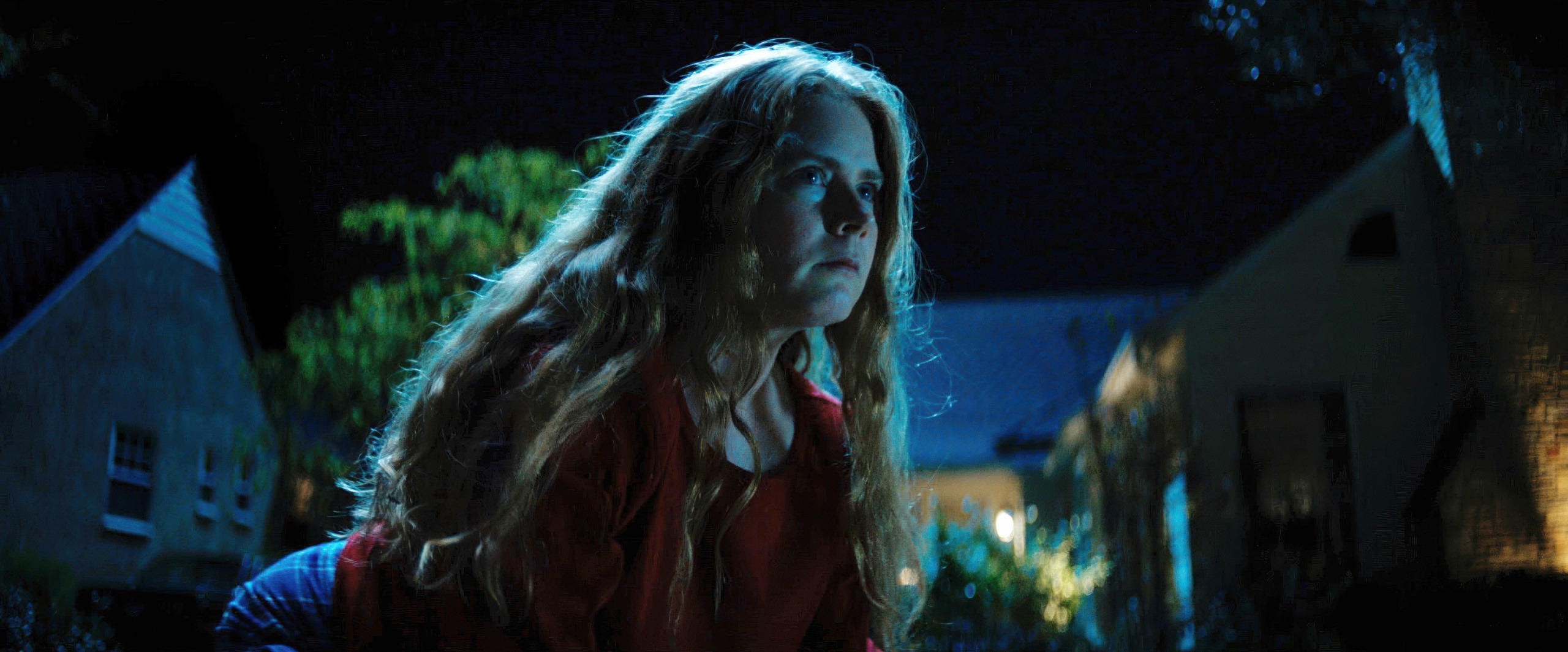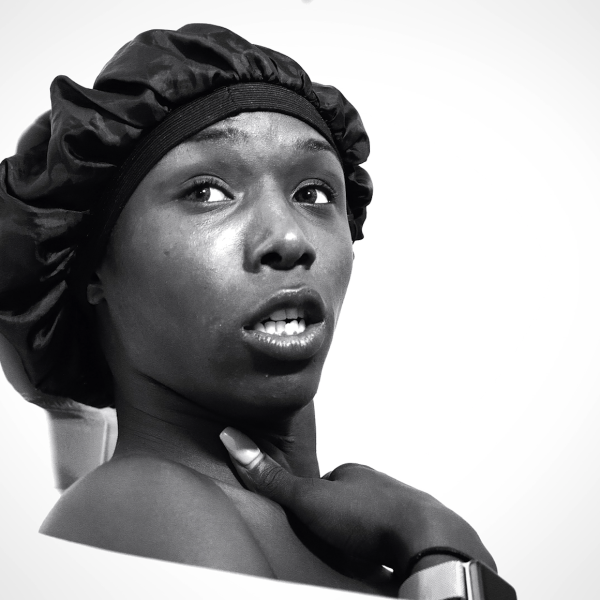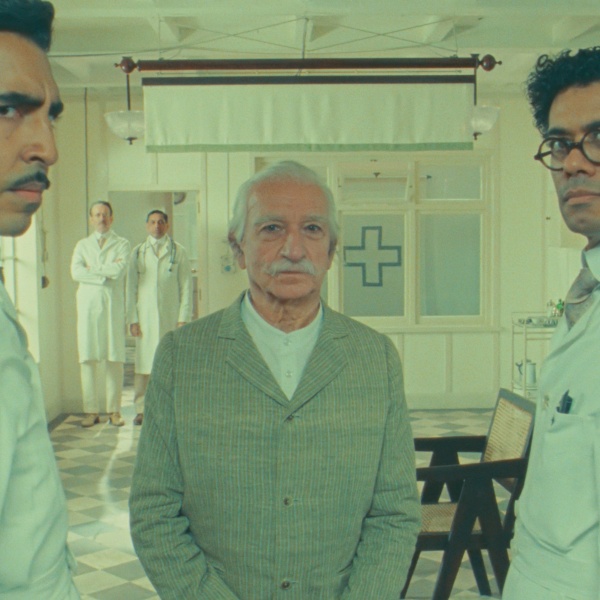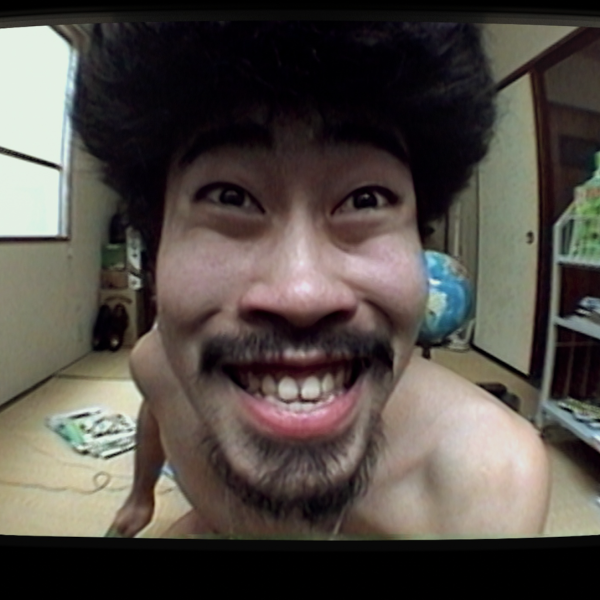Writer/director Marielle Heller‘s new film “Nightbitch” is, like all of the filmmaker’s work, difficult to categorize. “My sensibility tends to cross a lot of genres,” the director of “A Beautiful Day in the Neighborhood” and “Can You Ever Forgive Me?” told IndieWire. “I don’t really believe in comedies or dramas…everything in life is such a mix. I like things that feel really tonally delicate and surprise people.”
“Nightbitch,” a film in which Amy Adams’ resentments and stresses as a mother begin to transform her into a dog, certainly fulfills Heller’s mandate to surprise. A nuanced and insightful examination of marriage and parenthood that’s angry, wildly funny, and ultimately extremely moving — all in the trappings of a horror film — it’s her most original and audacious work to date. It also demanded the most of Heller and her collaborators, including her composer (and brother), Nate Heller.
Nate has composed the music for all four of Marielle’s features, and their close partnership results in an integration between score and image that has grown increasingly sophisticated and effective. “Because he’s involved early, we never use temp music in the edit process,” Marielle said. “When you use someone else’s temp score, you replicate that movie’s pace whether you mean to or not, but Nate tends to work on pieces before we’re shooting and while we’re shooting so that we already have skeleton versions early on.”
In the case of “Nightbitch,” Nate and Marielle’s early discussions revolved around how to express the film’s unusual tonal balance through the music. “This is definitely a genre movie, but we didn’t want to go for the normal genre pitfalls,” Nate told IndieWire. “I had the feeling that this was going to be creepy, there was going to be tension, but we didn’t want too many of those traditional jump scare moments in the music.” Indeed, one of the most remarkable things about Nate’s score is how delicate it is — for a movie about a woman who turns into a dog, “Nightbitch” is filled with subtle, quietly powerful moments.

“There’s a lot of discomfort in the story,” Marielle said. “There’s discomfort in the relationships, in the strain and silences, there’s discomfort in her body. So how do we use the score not to smooth over the discomfort, but to let us sit in the discomfort? There was this feeling that she’s in a relationship with her body that’s changing, and we as the voyeur are getting to be inside her experience of her body. So how can the music articulate the intimacy and vulnerability of that transition that she’s in?”
Nate said that the process of composing the score and finding a musical language for the heroine’s experience was largely a process of getting more and more intimate. “The music has to bring you closer to the character for the emotional scenes, but also take you further into Mother’s character for the darker parts of her story,” he said. Initially Nate wrote slightly bolder, more bombastic music for the key transformation scene than what he ended up with, but it was the beginning of a journey toward something more nuanced.
“As the movie’s coming together, we realize OK, we need to start a little more tender,” Nate said. “The music has to nurture the mother-son relationship and show that side. Then as we got into the more body horror moments, the idea of feminine intimacy started becoming more overt. So I started recording vocals. I had King Isis, our vocalist who sang on the score, add little touches here and there, and then when we got to the scene where Mother fully performed surgery on her cyst, on her tail, that’s when it felt right to flesh it out to the point where we’re being really overt with it.”
At that point Nate found a unique way of getting across the idea that the audience is being drawn inside Mother’s body. “For the percussive elements on that, I stuck a microphone all the way inside my mouth and inside my singer’s mouth,” he said. “I captured these really gross liquid flesh sounds to make the skeleton on which the piece could be built.” For Nate, the key was to save his craziest moments to make them count.
“There were a lot of opportunities on this film to go really wild, and it’s tempting to do that a lot,” Nate said. “We always tell ourselves, let’s not go crazy — but we went crazy on a couple of the scenes and I think it helped gel the score into this weird entity that the viewer needs to feel like they’re along with Mother on this transformational journey.”

“The music has to bob and weave along with all of the genres,” Marielle added. “They’re all bumping up against each other from a very melancholy kind of sadness to something really funny to something terrifying. The book was so fluid in its shifting of genres and I wanted the movie to feel that way too — that you’re taken on this emotional ride that Mother’s going on and experiencing things as she experiences them. Sometimes they’re really manic and sometime’s they’re silent, and the music had to be able to shift and change accordingly. If we had just thrown a horror track on some of these scenes, it would have been like going in with a machete when what we needed was an X-acto blade.”
According to Nate, what makes working with Marielle satisfying isn’t just her determination to avoid the cliche, but her willingness to look for the best idea up until the last possible minute. “We stay fluid,” he said, noting that one of the most beautiful cues in the movie, for a scene where the film’s mother and son are watching garbage trucks, came in very late. “That started out as a much darker, heavier cue. At the 11th hour we decided to try some other stuff and came up with this lilting piano piece that ends up setting the tone for the relationship for the rest of the movie — we didn’t quite get that it had to be there to lay the foundation for the viewer to experience the relationship the way that Mother does.”
Marielle agrees that staying open to possibility as long and as late as possible is essential. “I have a theory that the last 5 percent of a movie comes when everyone gives up and says it’s good enough,” she said. “That’s when you can’t give up. You can’t just say, ‘I planned it this way and I finish what I plan.’ That’s why I’d keep working with Nate even if he wasn’t my brother — because he’s curious enough to keep growing and changing and pushing himself. You have to be willing to keep working on the thing until it’s as good as it can be.”
Searchlight Pictures will release “Nightbitch” in theaters December 6.







